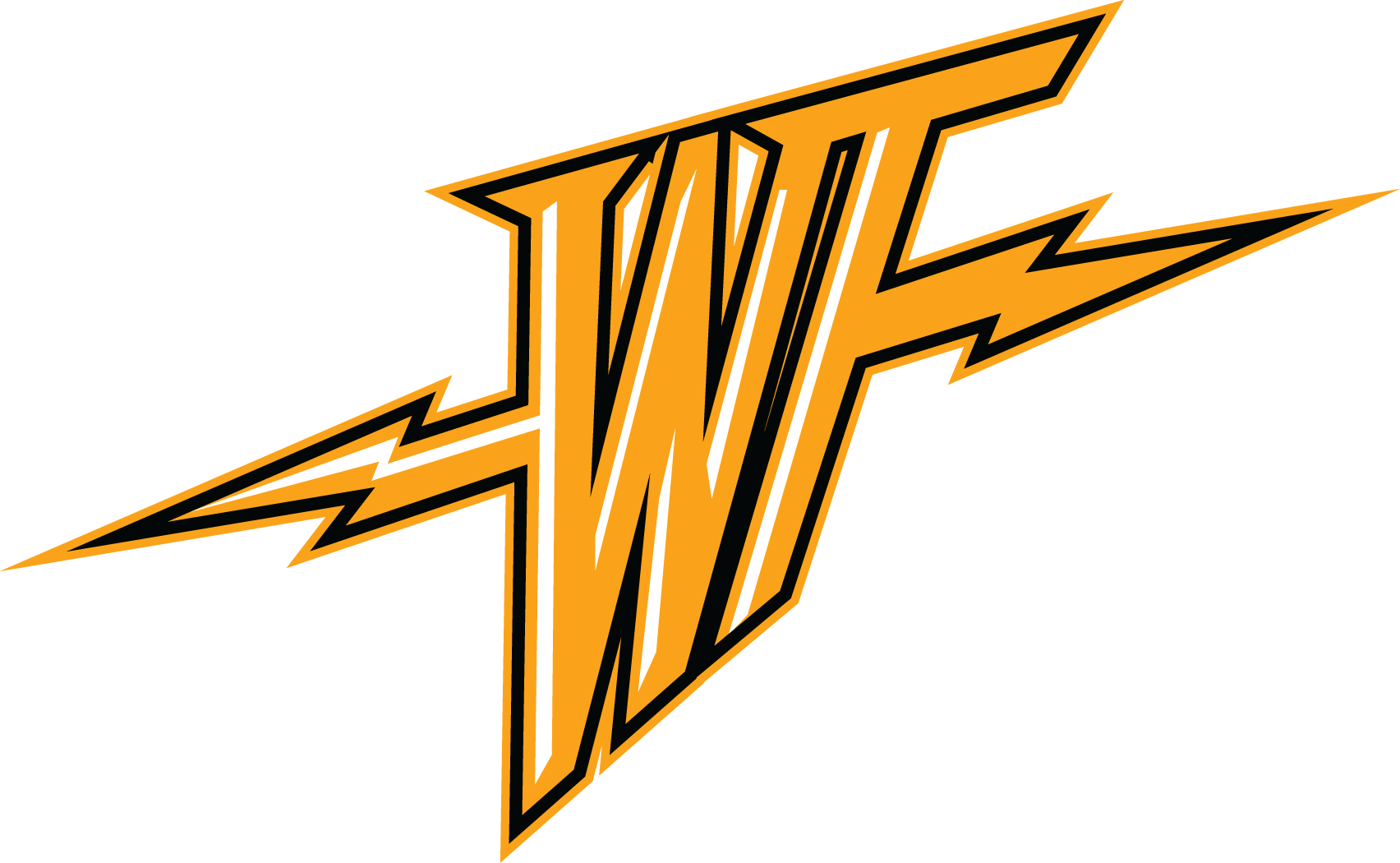Exploring and Explaining Kelly Oubre Jr. Sign-and-Trade Scenarios
Trade exceptions.
You might have heard of them from NBA 2k or from a Shams Charania tweet, but it isn’t totally obvious what they are. However, if you follow a team like the Warriors – which seem to always be in the middle of trade rumors – understanding what a traded player exception is could potentially be extremely relevant, and exciting.
Now, the same could be in play for Kelly Oubre Jr., with the topic brought up in the Warriors Off-Season 2021 Primer, posted by u/perksofthesewalls in r/warriors.
Wes Goldberg from the Mercury News reported Bob Myers wants Oubre back, and despite his benching, Oubre has a good relationship with the Warriors’ organization. So, if Oubre ends up wanting to leave via a sign-and-trade, Golden State still does not want to lose him for nothing – and they could leverage their good standing with the wing to get the traded player exception in return.
Pretty much, the traded player exception lets the team which gave up a player in the sign-and-trade get funds, which they can draw from for one year. If you think about it, this makes some sense, because in a sign-and-trade the salary of a newly-inked player is paid by the team which acquires him, so the team that dealt him should not have to always have the money count against the salary cap.
According to the Primer, the incentive for Oubre to agree to this sign-and-trade would be to help a team without salary cap space (or uncomfortable with how little space they have) acquire him through trading the traded player exception and using some of their own exceptions (explained later), so if he were to want to play for a team like the Orlando Magic or the Boston Celtics – mentioned on the Reddit post – they could use their large trade exceptions to help them solidify Oubre’s arrival.
A team which could sign Oubre without the sign-and-trade could also have incentive to deal with Myers, getting a draft pick from the Warriors along with the player in exchange for the exception, which could include the 2026 2nd round pick the team got today from the Utah Jazz for forward Eric Paschall. Because of “Bird rights”, the Warriors could afford to sign their incumbent player for over the salary cap before the deal, also netting Oubre more money but potentially landing his new team in a tax pinch if the club does not have any of their own leftover exceptions to cover salary.
The size of the trade exception would match Oubre’s contract agreement with his new team. This means if Oubre is getting $15 million a year to play near Disney World, the Warriors would get a $15 million exception to use for this year only. The exception can only be used to cover the salary of a player acquired in a trade, but not in free agency or with a player currently on the roster, so if Myers were to be dealing, some salary could be taken care of.
Don’t worry though, if this sounds complicated (it was complicated to write), it could all become moot depending on Oubre’s decisions in the open market. If a team that has enough cap space decides to sign the young guard outright then Golden State would simply not be able to get anything in return for him. However, as each second ticks off the clock and teams continue to use cap space to sign players not named Kelly Oubre, the likelyhood of Oubre finding a suitor in that very open market will be dwindling.
So, at the end of it all, Oubre could be gone, and his tenure with Golden State would be over seemingly as soon as it began. But, after the signing of Otto Porter Jr. and Nemanja Bjelica, the Warriors could be looking to add one more piece, and with an exception or with Oubre himself, they can fill that void.
